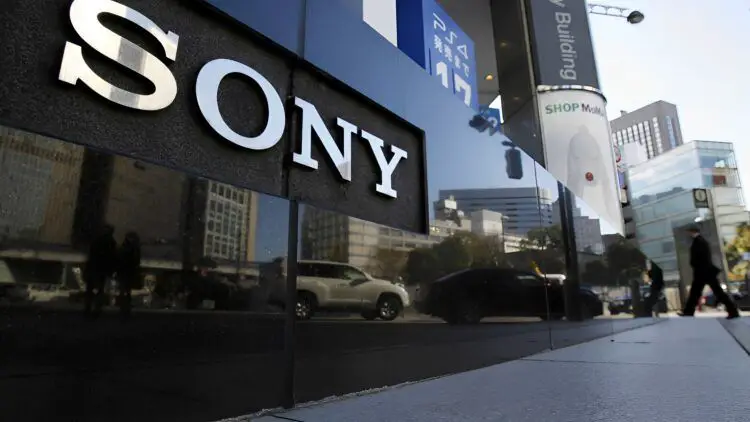According to recent reports, PlayStation may be required to disclose the amount of money it spends to keep games off some competing services, such as Xbox Game Pass.
The Federal Trade Commission recently launched a complaint challenging Microsoft’s $68.7 billion acquisition of Activision. In order to hinder competition in high-performance gaming consoles and subscription services, the FTC is worried that the “maker of Xbox would gain control of top video game franchises, enabling it to harm competition in high-performance gaming consoles and subscription services by denying or degrading rivals’ access to its popular content.” Microsoft is doing all in its power to make the deal happen despite the FTC’s attempts to stop it.

Why did Microsoft go after Sony?
Microsoft is considering a variety of strategies to win the dispute. Finally, it served Sony Interactive Entertainment with a subpoena to aid in its court case preparations against the Federal Trade Commission. To demonstrate to the court that the acquisition wouldn’t hurt competition and that other businesses, like Sony, can adapt and compete, that is the reasoning for it.
The two sides were negotiating to establish a compromise ground. Microsoft asked some Sony executives for documents and communications, but it didn’t get everything it asked for. In response, Sony called the situation “obvious harassment.” Sony said that it had not provided Microsoft with all the information requested because it had been asked for “way too much.”

The FTC has largely denied Sony’s request to have a subpoena pertaining to Microsoft’s proposed acquisition of Activision Blizzard dismissed. The documents of a select Sony personnel, including SVO of finance Lin Tao, SVP of platform experience Hideaki Nishino, and in-house antitrust lawyer Greg McCurdy, have been made available to Microsoft by the FTC Chief Administrative Law Judge D. Michael Chappell.
These employees’ relevant files will be looked over. Additionally, the judgment permits Microsoft to ask for McCurdy’s eight-month period of external communications. Sony obviously did not want “this much” information to be made public, but the court has made its decision.
On the other hand, The Verge also included a synopsis from Judge Chappel “Microsoft argues that the Complaint, in this case, makes a number of allegations regarding high-performance video game console developers’ exclusivity arrangements with video game publishers.

Microsoft states that it is aware that SIE requires many third-party publishers to agree to exclusivity provisions, including preventing the publishers from putting their games on Xbox’s multi-game subscription service, and that understanding the full extent of SIE’s exclusivity arrangements and their effect on industry competitiveness will assist in its defense.
As a result, Microsoft can now investigate how much Sony has paid some game developers to keep their titles off of Xbox Game Pass. Microsoft is only permitted to access files created after January 1, 2019. There won’t be any access to any of the older files. Sony’s motion to limit the timeframe to 2019 and later was allowed by Judge Chappell in contrast to Microsoft’s “excessive” request for information going back to 2012.
We still have months before any potential new information becomes available in the FTC lawsuit because it is still in the document discovery phase and an evidentiary hearing is set for August 2. In the meanwhile, if you’d like to get on track with the recent developments about both companies, take a look at our articles below.





